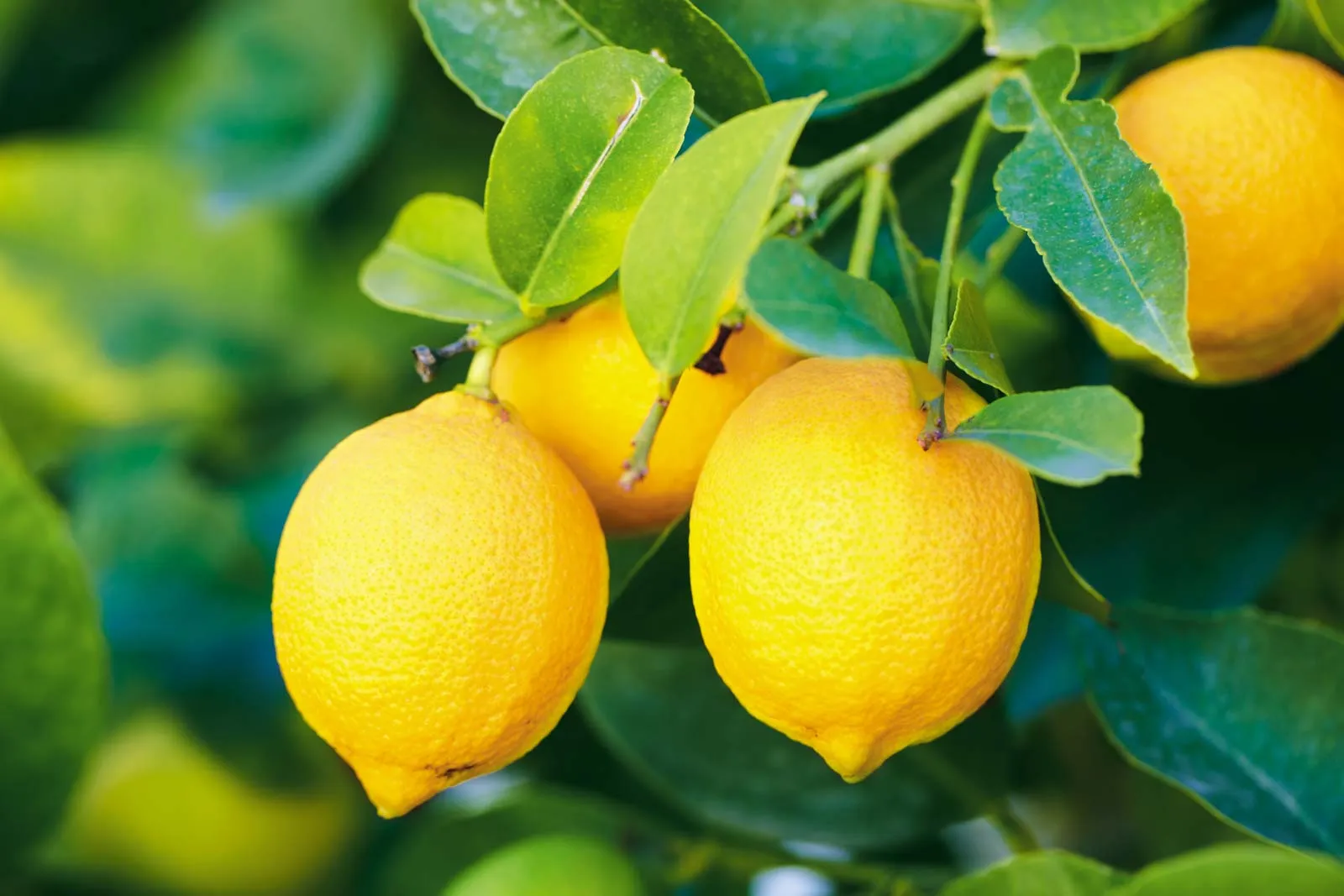Table of Contents
ToggleWomen entrepreneurs — Does a woman entrepreneur’s personal resilience or the resilience of her business have a greater impact on her well-being? And does it matter what size family she has?
A Center for Applied Research and Innovation in Supply Chain-Africa (CARISCA) researcher has answers to these questions.
Growing up in a family with nine children in a cocoa-farming village in Ghana, Dominic Essuman is familiar with the stress of having too many mouths to feed.
In population terms, it’s called a “high dependency ratio” (when the non-working-age population significantly outnumbers the productive population).
“My parents were a happy couple,” recalls Essuman, “but they were mostly under economic stress. Any time that we didn’t have money at home, they would get angry and begin to fight. I normally tell people that if you don’t have money, don’t marry.”
Read also: Women, youths can be more effective at driving sustainable farming changes
As one of CARISCA’s research faculty, Essuman used that early experience to inform a study on women entrepreneurs’ resilience. And he got some surprising results.
Motivated by reports of how much more the COVID-19 pandemic affected women than men, Essuman initially set out to study the resilience of women entrepreneurs and its influence on their well-being.
One of CARISCA’s focus areas is access and inclusion, so the topic fits well with the center’s goal of increasing the participation of women in Ghana’s supply chains.
As Essuman thought through the study and began his literature review, he decided to broaden the project’s scope. He wanted to look at the resilience of the business and its owner.
“The individual’s resilience to adversity in life is essential, but that may not translate into their well-being when you consider entrepreneurs,” Essuman realized.
“I speculated that it should be rather the business that has to be resilient before the entrepreneur’s well-being can be enhanced.”

For the study, Essuman and his team interviewed 378 women entrepreneurs in Ghana’s Ashanti Region. Each woman owns and manages an agriculture-related business employing 10 or fewer people. All participants had experienced at least one unexpected supply chain disruption in the prior six months.
“Lo and behold, the data really supported this new perspective, that the individual’s resilience is necessary but not enough,” Essuman notes.
“The business, too, has to be resilient to supply chain disruptions. And it is the business resilience that translates into the well-being of the woman entrepreneur.”
Read also: Bees for Development Ghana starts Bee the Voice Project to empower women
A major implication of the study is that policymakers should not necessarily focus on helping women entrepreneurs develop personal resilience. Instead, they should assist them in building resilient businesses.
“Their livelihood depends on the business,” Essuman explains. “So if disruptions occur, and the business cannot withstand the impact, what will they live on?”
Something else the study revealed ties back to the dependency ratio. It turns out that the impact on well-being from owning a resilient business is not the same for all women entrepreneurs. It is stronger if a woman has more people depending on her.
“It’s like a psychological thing,” Essuman says. “People normally begin to appreciate the value of the resources they have when there’s an actual need for it.”
In light of his research findings, Essuman has developed a three-step framework for building resilience:
Step 1: Mental conditioning
Entrepreneurs should prepare their minds to accept that they operate in highly disruptive environments. Because external support resources are in short supply or inaccessible, business owners are responsible for their own success.
Step 2: Nurture and sustain individual coping and recovery capabilities
View threats as challenges and opportunities; focus on problem-solving; celebrate each little success; maintain hope; learn from your experiences surmounting difficult moments.
Step 3: Leverage individual coping and recovery capabilities
Recognise your coping and recovery capabilities as critical for your business to thrive during supply chain disruptions and act quickly when disruptions occur.
Read also: My interest is deeply rooted in beekeeping, nobody can stop me – Teenage beekeeper share experience
About Center for Applied Research and Innovation in Supply Chain-Africa (CARISCA)
The Center for Applied Research and Innovation in Supply Chain-Africa (CARISCA) is a global center of excellence for training, generating, and translating supply chain management research and innovations into positive development outcomes for Ghana and across Africa.
CARISCA forms part of the Building Research and Innovation, Generating Evidence, and Training (BRIDGE-Train) program of USAID which harnesses intellectual, research, community engagement, and capacity building expertise of higher education institutions to address some of the world’s most complex development challenges.
Through a partnership between the Kwame Nkrumah University of Science and University Technology (KNUST) in Ghana and Arizona State University, CARISCA leverages a local and international network of governmental, civil society, and industry partners to connect African researchers, practitioners, and businesses to supply chain assets around the world.
CARISCA seeks to strengthen local capacity to improve supply chains by increasing their efficiency, effectiveness, and inclusiveness, driving country self-reliance.













